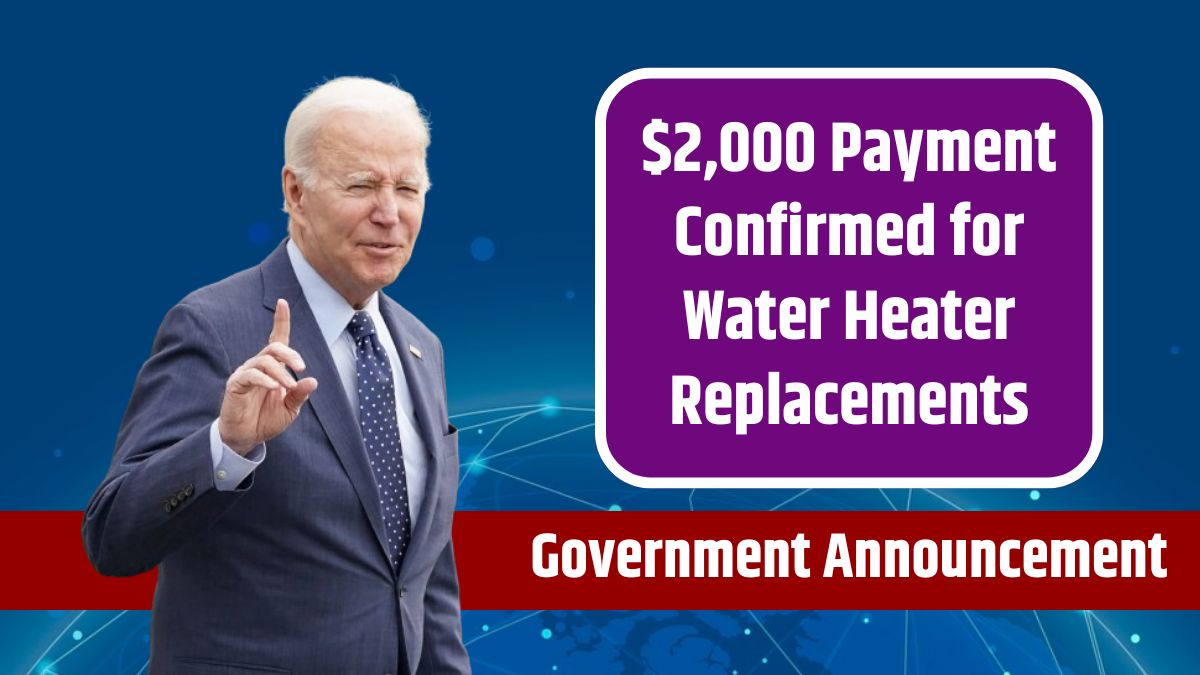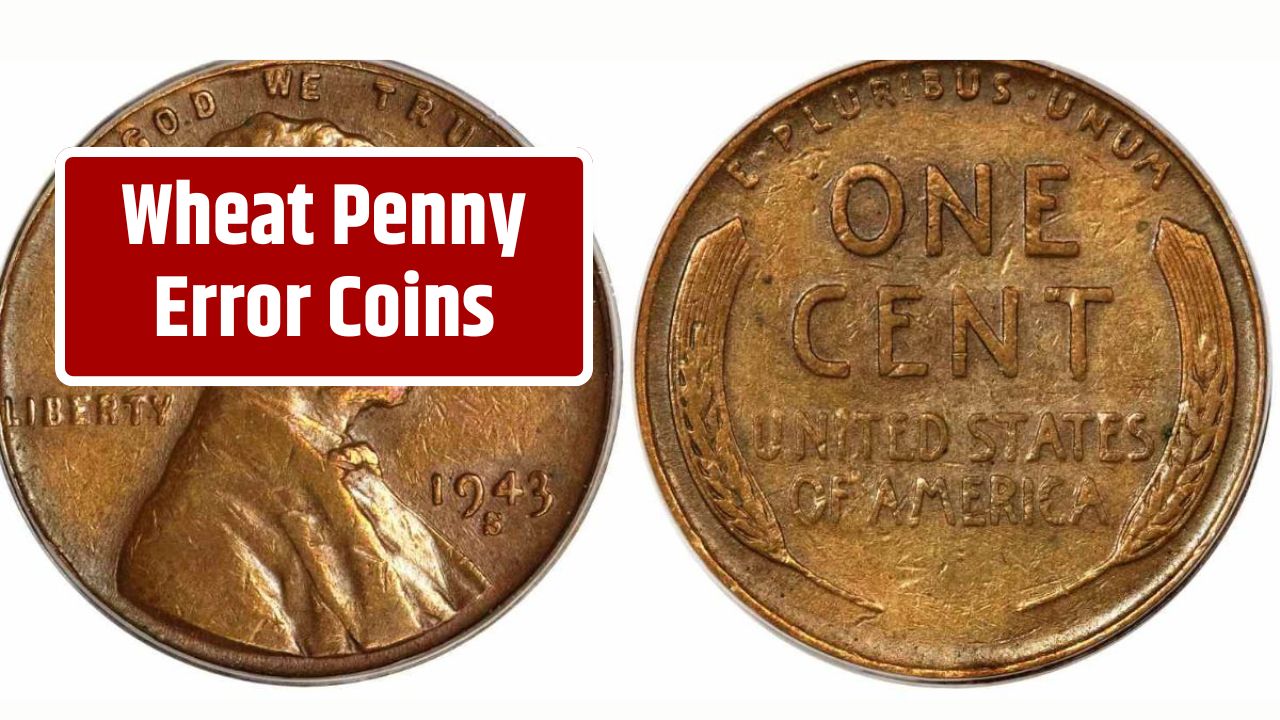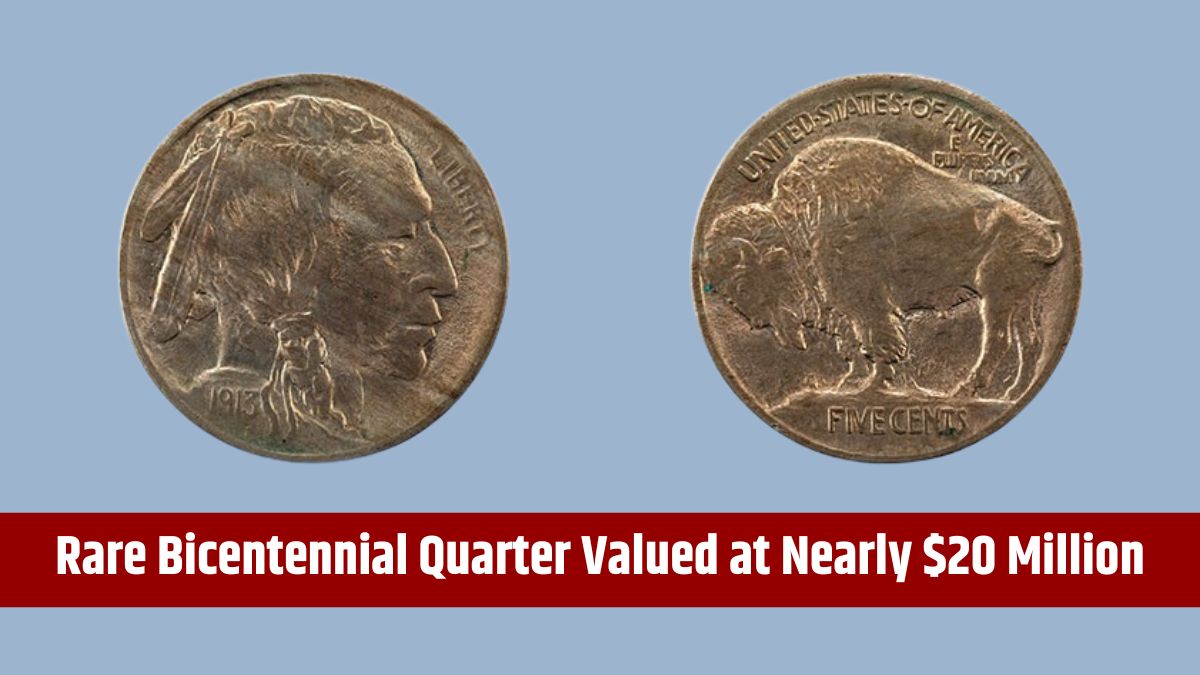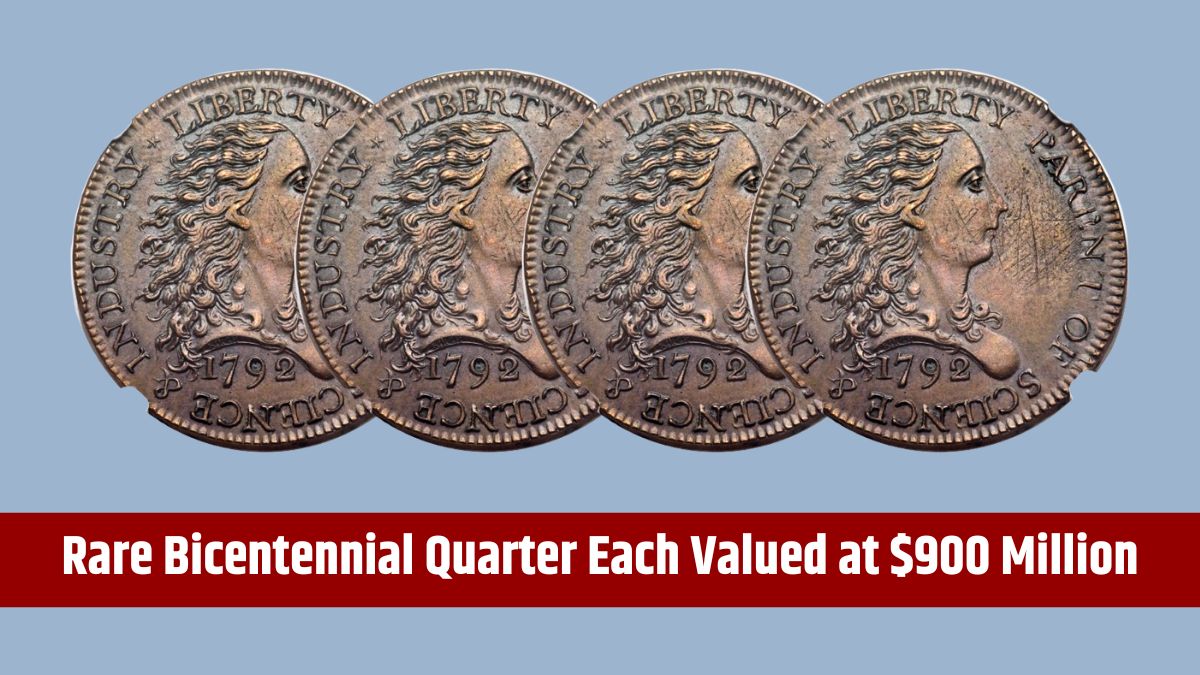With inflation and rising costs, households are tightening budgets and searching for ways to save on monthly expenses. Energy efficiency tops the list as an accessible and impactful change, with many families already following tips like turning off lights, setting the thermostat moderately, and unplugging unnecessary appliances. But there’s more to saving on energy bills than just these daily actions.
Among the most effective upgrades to consider is switching to a heat pump water heater, a cost-saving, energy-efficient alternative that could significantly cut your utility expenses without straining your budget. This article looks into what a heat pump water heater is, how it works, and why now might be the perfect time to install one.
Savings
A heat pump water heater, unlike conventional water heaters, doesn’t generate heat directly. Instead, it uses electricity to move heat from one place to another, which makes it substantially more efficient. According to Energy Star, a heat pump water heater can save a household of four up to $550 each year on utility bills. Over time, these savings not only cover the installation costs but also reduce your overall energy usage.
Plus, with programs under the Inflation Reduction Act, households may qualify for rebates to cover a large portion of the purchase price. The Home Electrification and Appliance Rebates program, for example, offers up to $1,750 for installing a heat pump water heater, while the Energy Efficient Home Improvement Credit allows for up to 30% of the installation cost, capped at $2,000. Together, these incentives can significantly reduce or even eliminate out-of-pocket costs for many families.
How It Works
The technology behind a heat pump water heater is simple yet effective. Traditional electric water heaters consume energy by generating heat directly. A heat pump water heater, however, uses a heat transfer process, which involves pulling heat from the air and transferring it to the water. This results in an energy-efficient system that doesn’t waste electricity generating heat but instead relocates it from the surrounding air.
Here’s a quick comparison to illustrate the difference in costs:
| Heater Type | Estimated Cost/Year | Cost Savings/Year |
|---|---|---|
| Conventional Heater | $400 – $800 | None |
| Heat Pump Water Heater | $250 – $450 | Up to $550 |
This shift in technology means less energy use, resulting in substantial cost savings and a smaller carbon footprint.
Benefits
Switching to a heat pump water heater not only helps with bills but also contributes to environmental sustainability. With residential energy use accounting for approximately 20% of U.S. greenhouse gas emissions, the less energy our appliances consume, the lower our individual impact. Unlike conventional heaters that rely heavily on energy sources, heat pump water heaters offer an eco-friendly solution that doesn’t sacrifice performance.
If you’re interested in reducing your carbon footprint, this upgrade aligns well with a greener lifestyle. When properly recycled, old appliances can be disposed of responsibly, reducing waste and keeping harmful materials out of the environment.
Financial Impact
With heating water making up about 17–32% of energy use in most U.S. homes, switching to a heat pump water heater is a practical way to bring this cost down. For instance, with average monthly utilities at $429, heating water accounts for $73 to $137 per month, or roughly $800 to $1,600 per year. That’s a significant cost, and a heat pump water heater can slash these expenses by up to half. Here’s how the numbers break down for potential savings:
| Monthly Utility Bill | Hot Water Cost (17%) | Hot Water Cost (32%) |
|---|---|---|
| $429 | $73 | $137 |
| Yearly Estimate | $800 | $1,600 |
By reducing these expenses, families can reallocate saved funds to other priorities, potentially offsetting the cost of the upgrade in under two years.
Getting Started
Upgrading to a heat pump water heater is easier now, thanks to new federal incentives and rebates designed to help American households embrace energy-efficient appliances. Start by checking your eligibility for rebates through local utility providers or federal programs, such as the Home Electrification and Appliance Rebates program. These rebates can cover a large portion of your costs and may even make the upgrade free in some cases.
Additionally, you can check with an HVAC contractor or appliance specialist who can assess your current water heater’s efficiency and recommend the right heat pump water heater for your home. Many contractors are aware of local incentives and can assist with the necessary paperwork.
Choosing a heat pump water heater can improve your financial outlook, reduce energy costs, and contribute to a greener planet. With both financial and environmental benefits on the line, this upgrade may be one of the most cost-effective, impactful changes you can make in your home.
FAQs
What is a heat pump water heater?
It’s a water heater that uses electricity to move heat, not generate it.
How much can a heat pump water heater save annually?
You could save up to $550 per year on energy costs.
Are there rebates for heat pump water heaters?
Yes, rebates up to $1,750 are available, plus a 30% installation credit.
How do heat pump water heaters help the environment?
They reduce energy use and greenhouse gas emissions.
What are the main incentives available for this upgrade?
The Inflation Reduction Act offers rebates and tax credits.






















